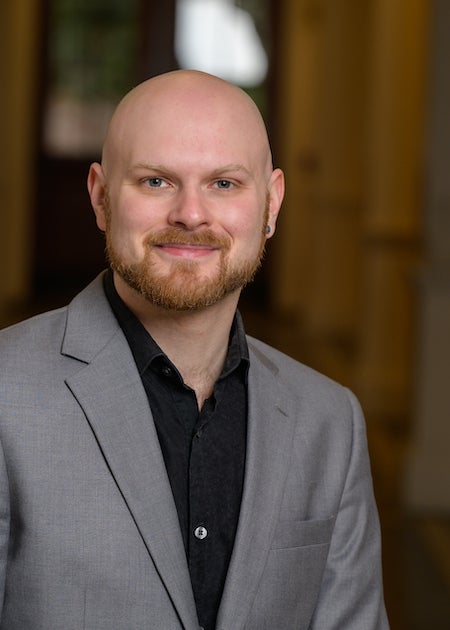
Archives of the Impossible: Transnationalism, Transdisciplinarity, Transcendence
Rice University | May 11th – 13th, 2023
“How big can we think?” (R. Buckminster Fuller)
Something new is emerging. Cracks are beginning to appear in the foundation of academic consensus as to what is possible. And so we find ourselves in a historical moment struggling to understand itself – a struggle in part defined by the attempt to come to grips with the challenge anomalous, psychical, and paranormal phenomena pose to contemporary thought. This conference, “Archives of the Impossible: Transnationalism, Transdisciplinarity, Transcendence,” seeks to meet this challenge head-on by inviting scholars from around the globe, and a wide variety of disciplines, to convene and examine the meaning of the paranormal.
Crucially, we do not seek dogmatic consensus as to what is possible and impossible. Rather, we seek to facilitate dialogue between colleagues across different fields of inquiry in both the humanities (including Asian studies, the history of religions, history, and literary theory) and the sciences (including psychiatry, medicine, biochemistry, and neuroscience). This dialogical approach is necessary. For paranormal phenomena do not seem to be confinable to our own humanly constructed national, cultural, linguistic, and religious boundaries (to say nothing of the apparent boundaries between body and mind, or meaning and matter). The paranormal, by its very nature, thus invites a big picture way of thinking. Said differently, the study of transcendence demands a transnational and transdisciplinary methodological approach: a borderless way of thinking, which cuts against the grain of hyper-specialization in so much of the modern humanities and sciences.
This kind of borderless thinking takes it as axiomatic that we do not know the limits of what is either knowable or possible. So, against the “true believer,” we leave open the possibility that we do not even yet understand what we mean when speak of the paranormal, and that the paranormal might not be what it seems to be. But, equally, and against the committed skeptic, we leave open the possibility that paranormal phenomena really are real, and that what is seemingly impossible is possible. Maybe what is not supposed to happen happens.
It is in this spirit of both epistemic humility and methodological “borderlessness” that we invite our conference presenters to reflect on how their research intersects with the comparative category of the paranormal, how the paranormal might affect our collective conceptions about what is possible and impossible, and just how big we might be able to think after all.

